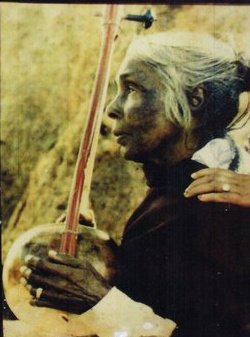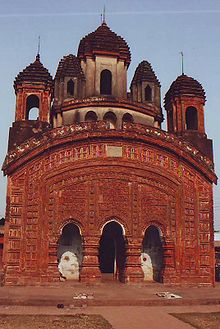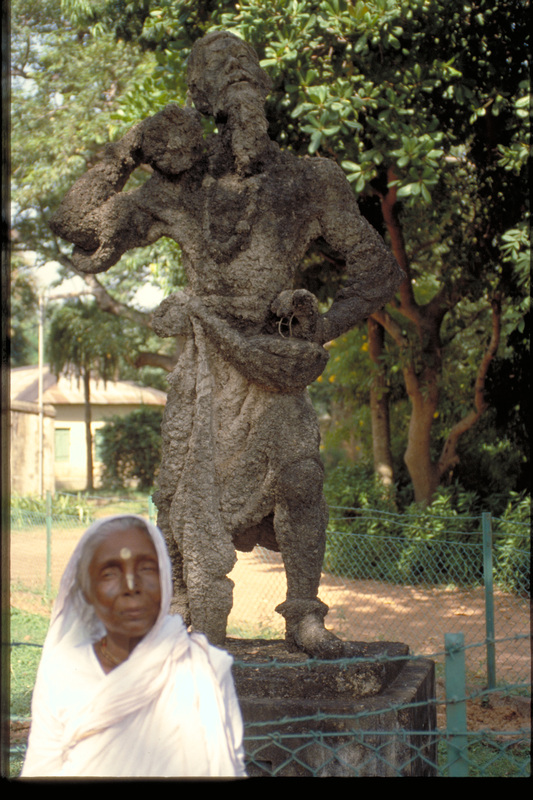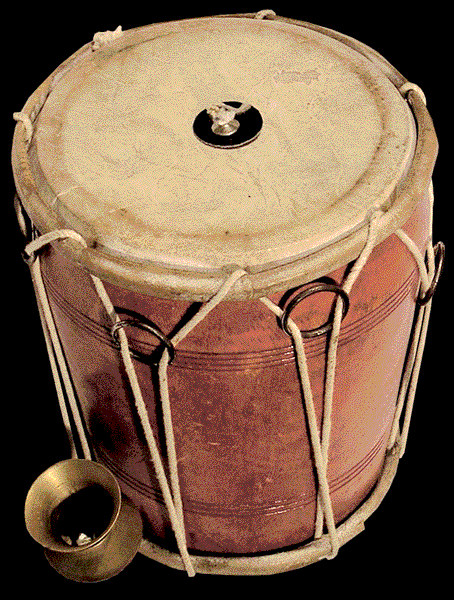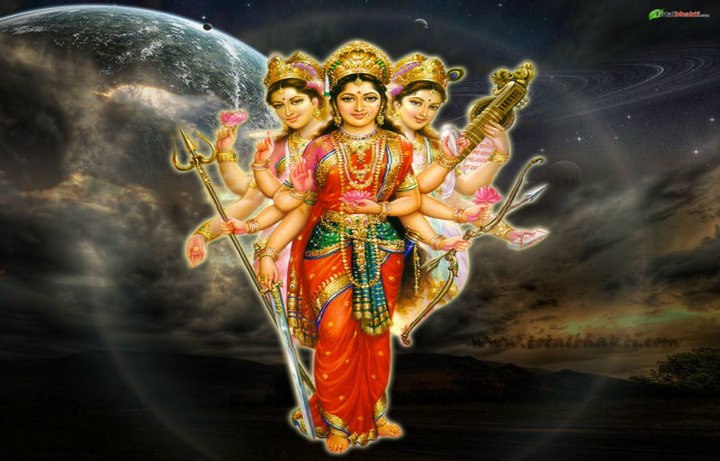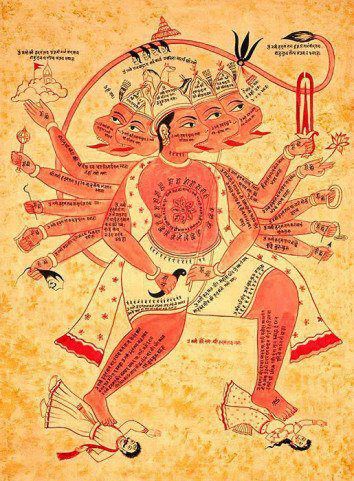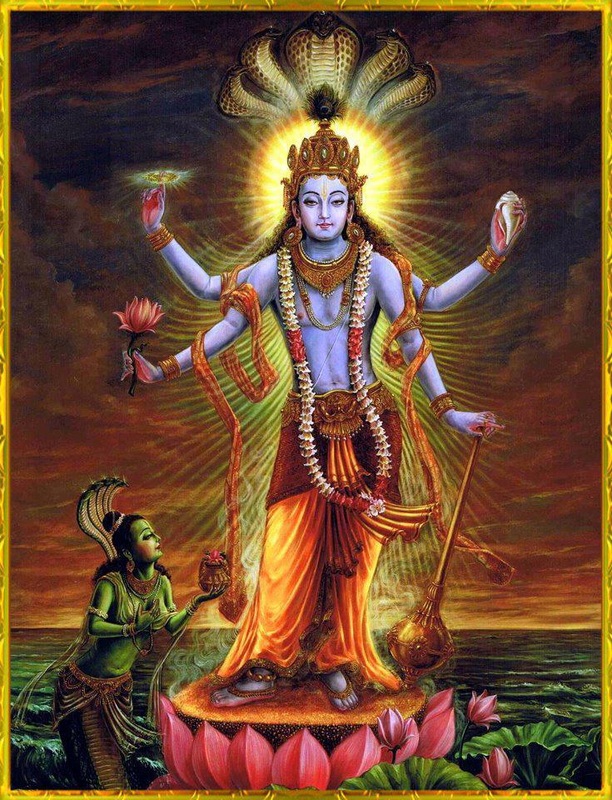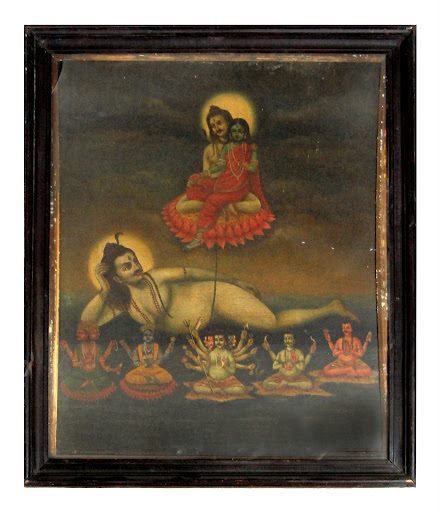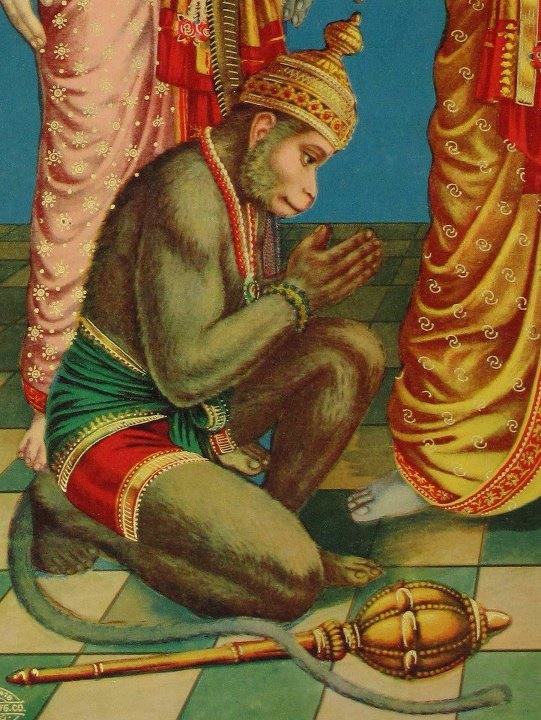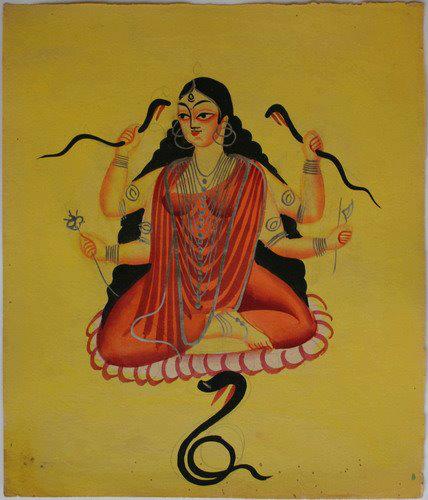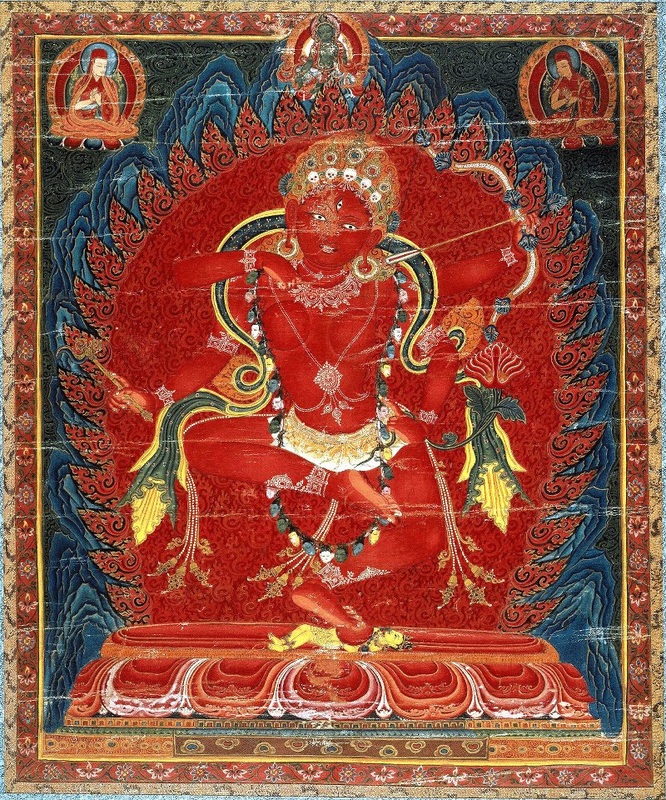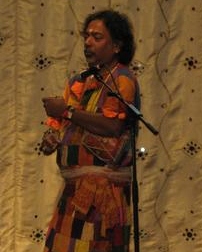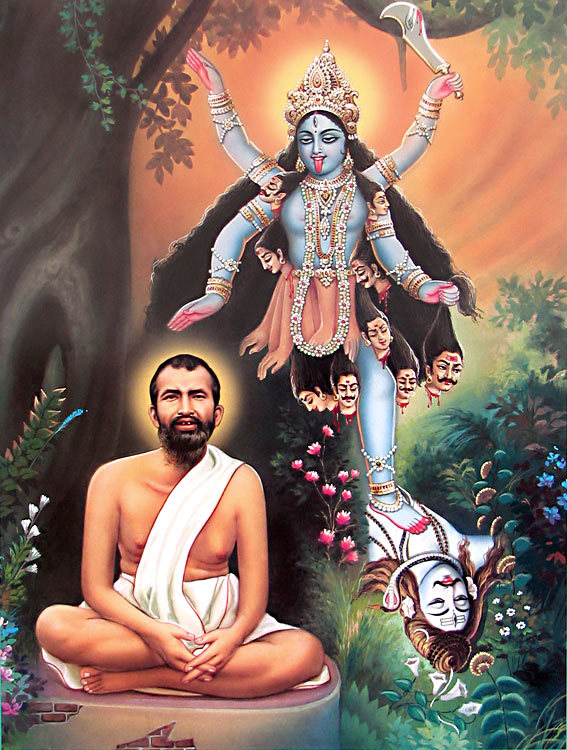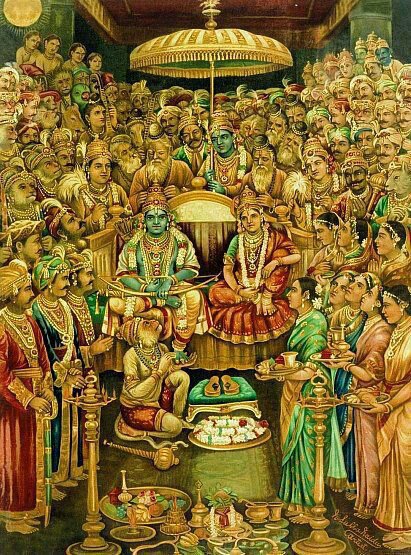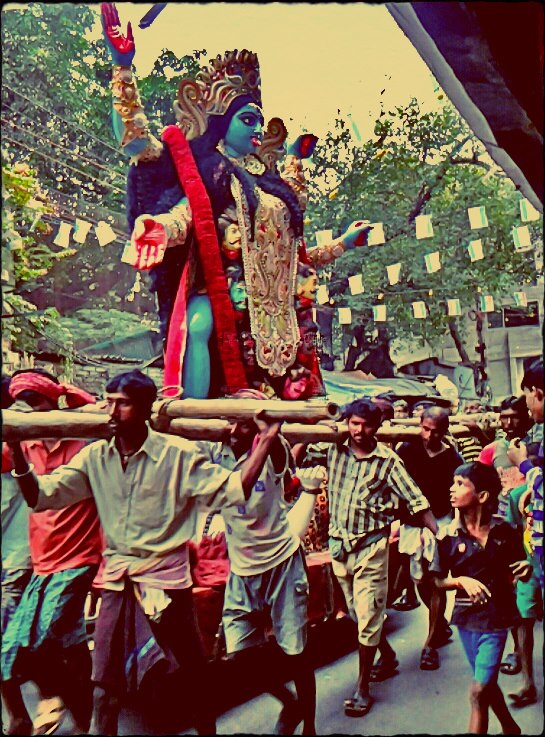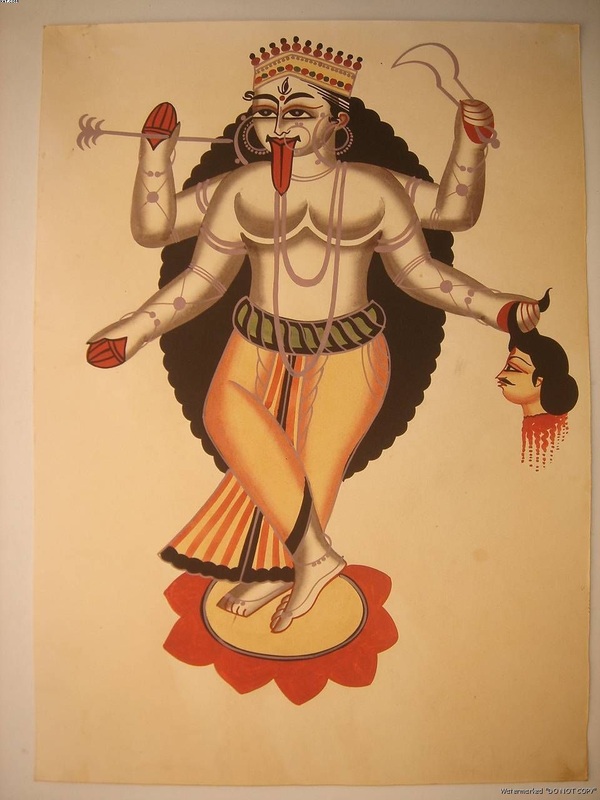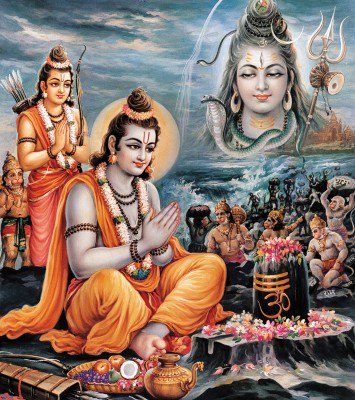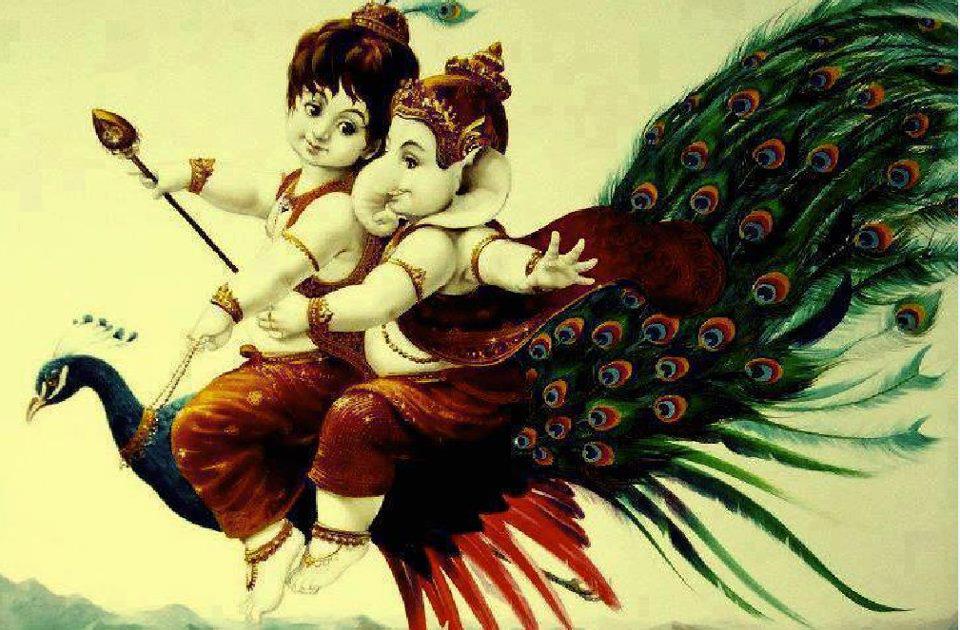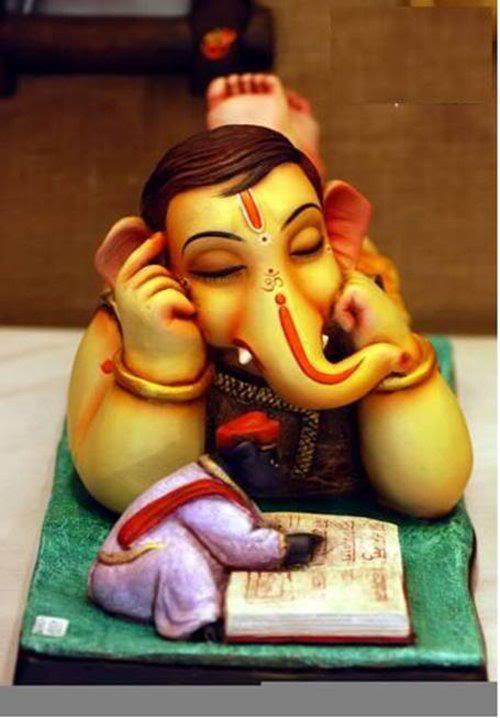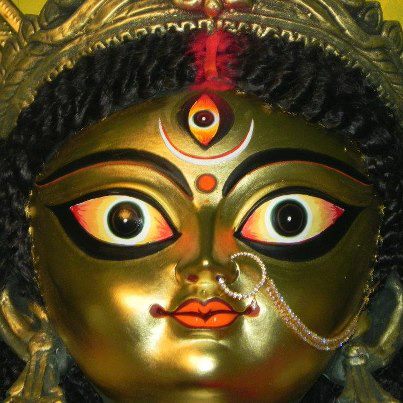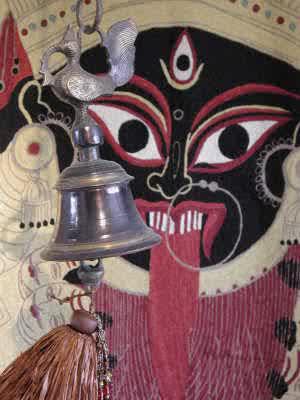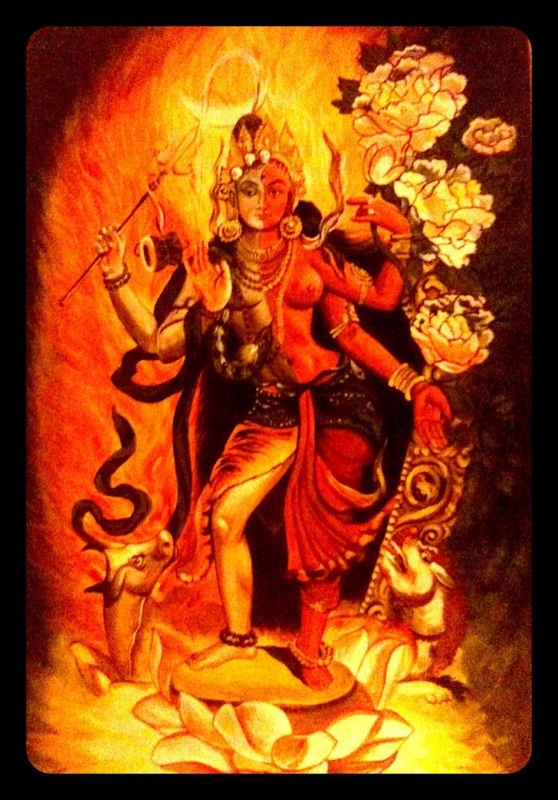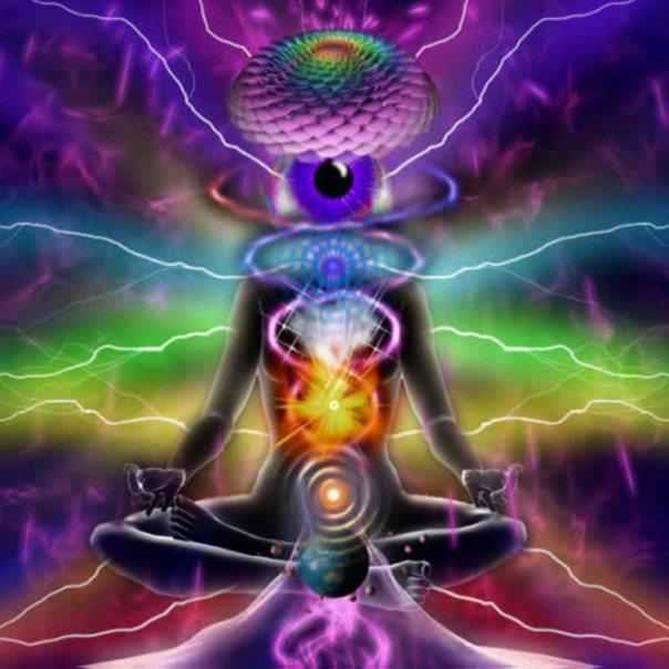
YAJNA OF SEX.
Sex is not compatible with spiritual life – often one finds this statement posted irresponsibly and ludicrously. This is far from the truth. God cannot be asking you to enjoy life and at the same time denying the instruments of enjoyment. But this has some qualification. ‘Tena tyaktena bhunjitha’ in Isoupanishad means - remembering the Lord, surrendering to Him, enjoy all the gotten objects of pleasure. One is to remember Him and enjoy the objects received as His divine gifts. Understand the nature of the objects of enjoyment and maintain conscious awareness with regard to their Creator and Master. This is realised with mind and self control as shown by many jnanis who were perfect house-holders.
In Gita Verse 4.26 ‘samyamagnisu’ means ‘in the fire of restraint.’ Juhvati means sacrifice and ‘indriyag-nisu’ means in the fire of the senses. The fire of restraint carried to its extreme becomes total sense control. The performer of this form of yajna eats eats merely for nourishment of the body and taste enjoyement are all eliminated. The other senses are suspended except for bare maintenance of the body. The mind is thus completely withdrawn from the senses and made introvertive. The physical life goes on mechanically while the mind revels in the Self.
Intoxication and meat eating are general tendencies of human society. This has become a major part of material life. So too is sex life. The scriptures do not ask that sex be given up totally. All forms of enjoyment are Iswara himself and seen that way it is strength that becomes one with certain control and sacrifice. Failing this it becomes lust. It is given to the regulated householder that he or she does not indulge in unrestricted sex life.
The same is also said of all forms of sense gratifications, sex in partnerships or marriages. What is postulated is not total giving up, as in ‘hang it up’ but to be based on principles of religious life. This restriction or unattached sex life is also a kind of yajna because the restricted enjoyer sacrifices his general tendency toward sense gratification for higher transcendental life. When one is asked to burn desires, do so to the extent of mind purification. Not that you burn down your vital limbs.One need also be the hypocritic boast, the village rooster, but at the same time, sex cannot and should not be the subject matter that fills up the entire brain till your eyes pop out….!
‘In all beings, I am desire, not contrary to dharma, O Chief of the Baratas’ – ‘Dharma-aviruddhah bhutesu kamosmi bharatasabha’. It is wrong to say that desires should be removed. ‘aham kamah asmi’ I am desire says the Lord. I am the very desire, because kama is a Shakti, a power and strength. Without desire there is no creation. Therefore, I am that very form of desire, kamo’sami bharatarsabha. There is a further qualification – dharma aviruddhah meaning it should be unopposed to dharma. It is then that one sees Isvara. Even if a person has no more ahankara but he does not have desires, then he or she stays on as dead wood. He would be wasting his talents, skills and wisdom because he has no kama to get moving. Gita 7.11
Yogi Ananda Saraswathi

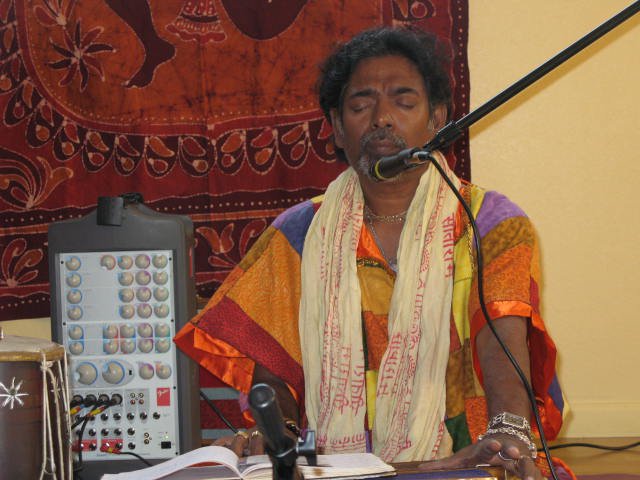
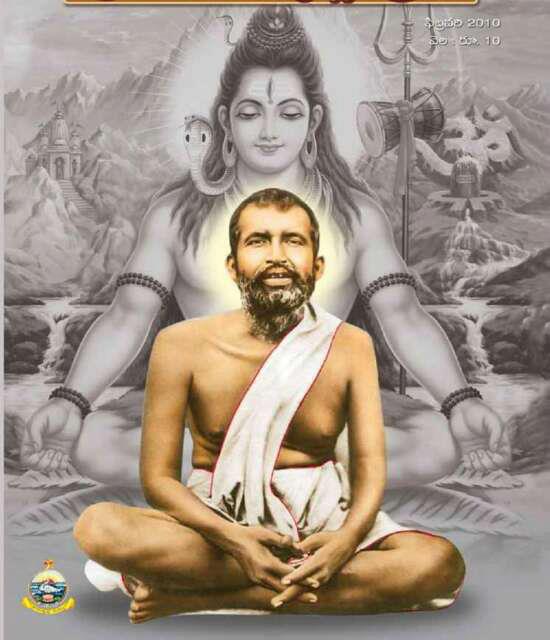

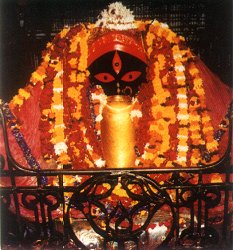
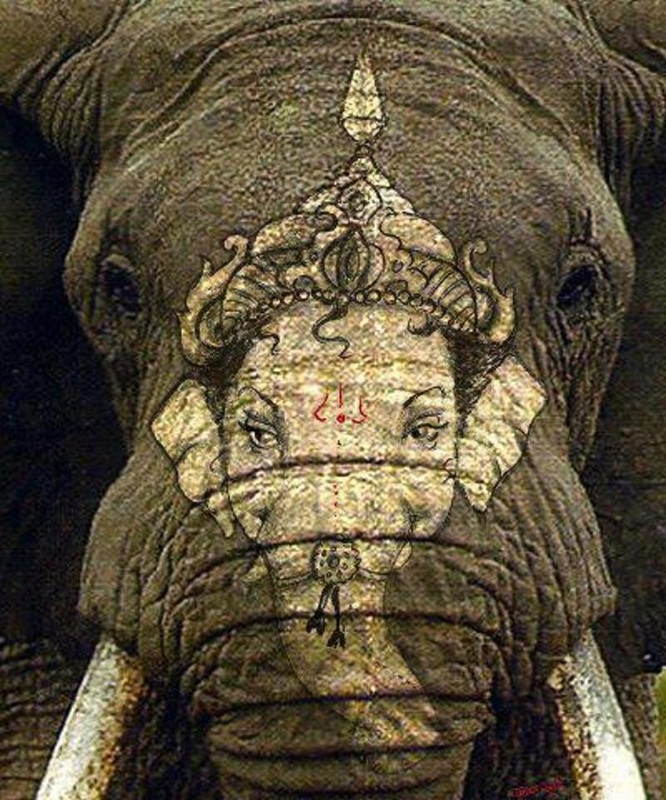
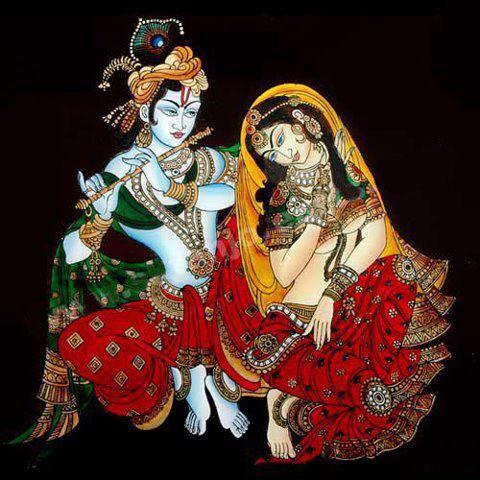
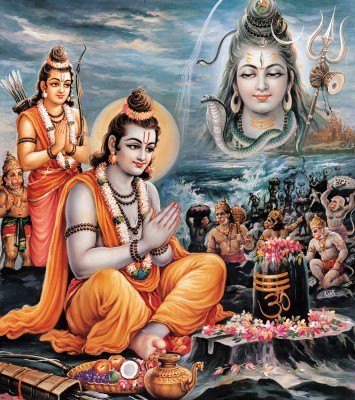
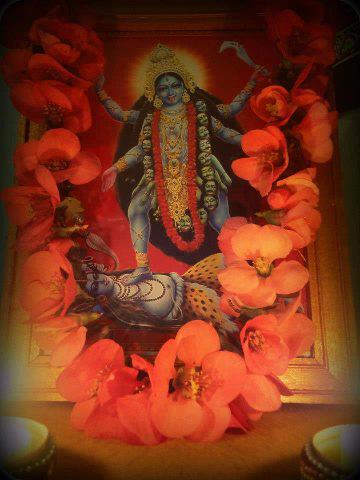
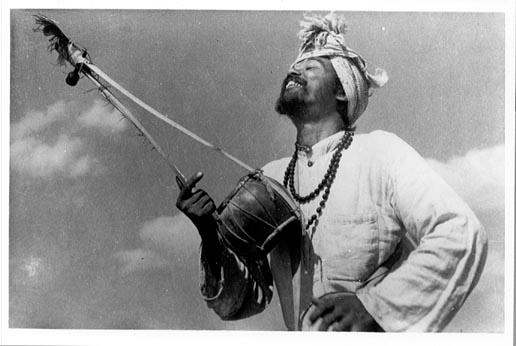



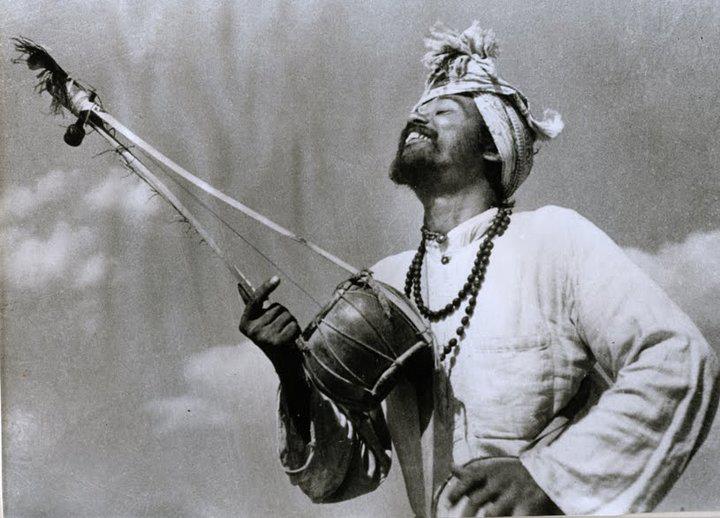

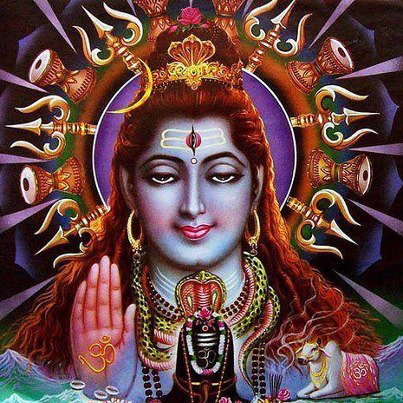
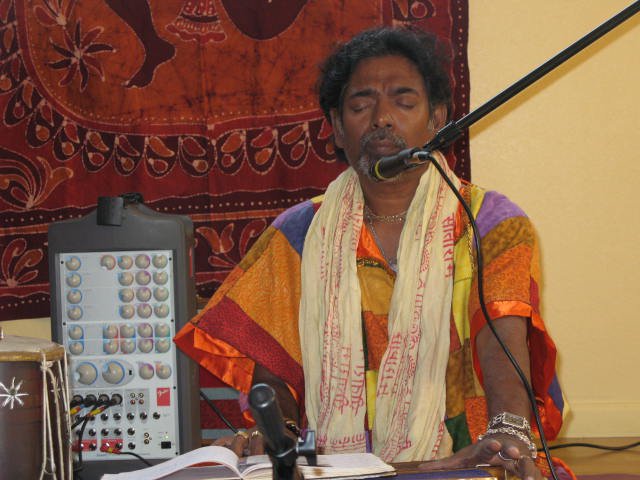
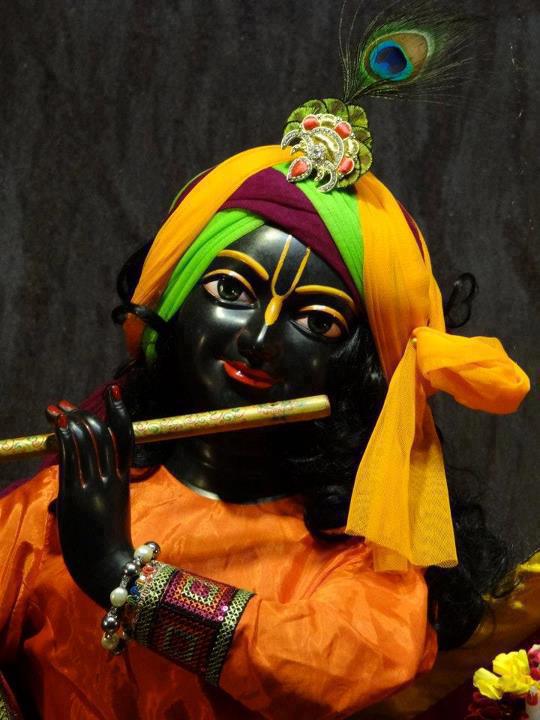
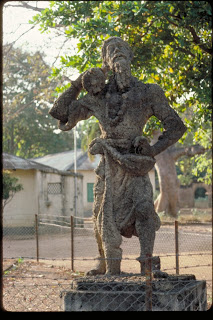
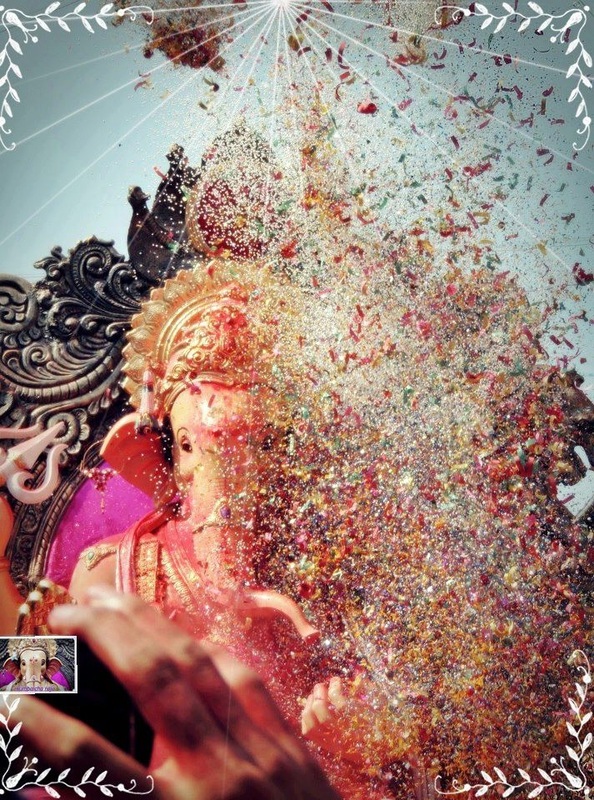
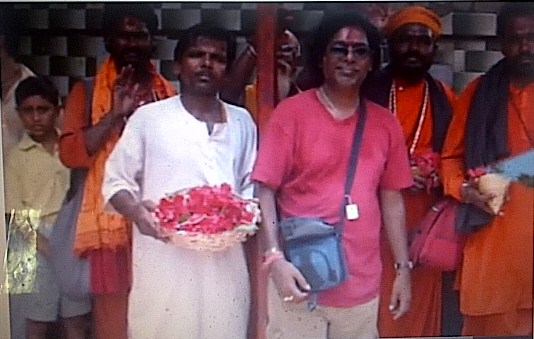
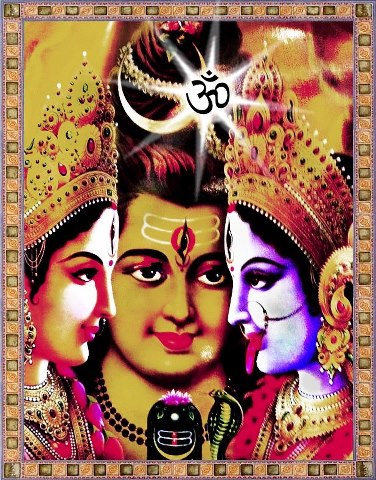
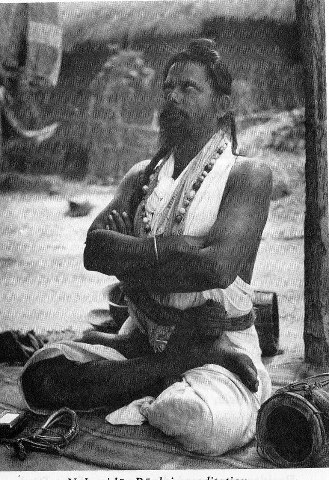
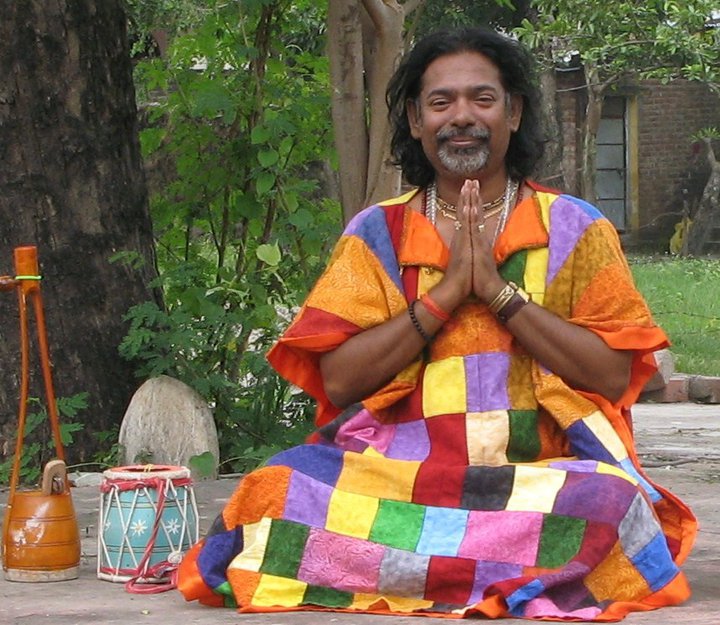
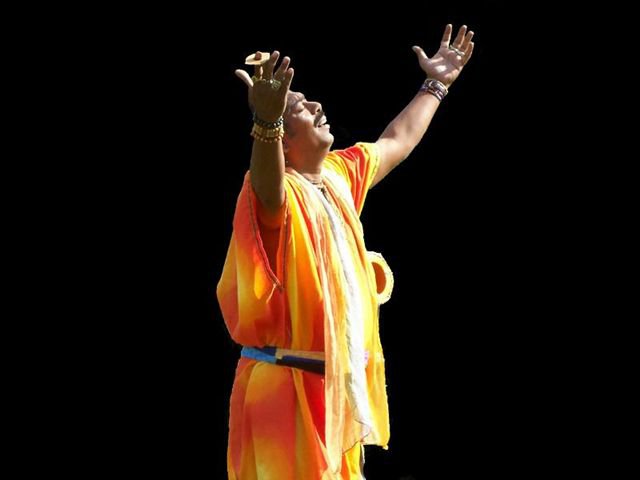
 RSS Feed
RSS Feed
